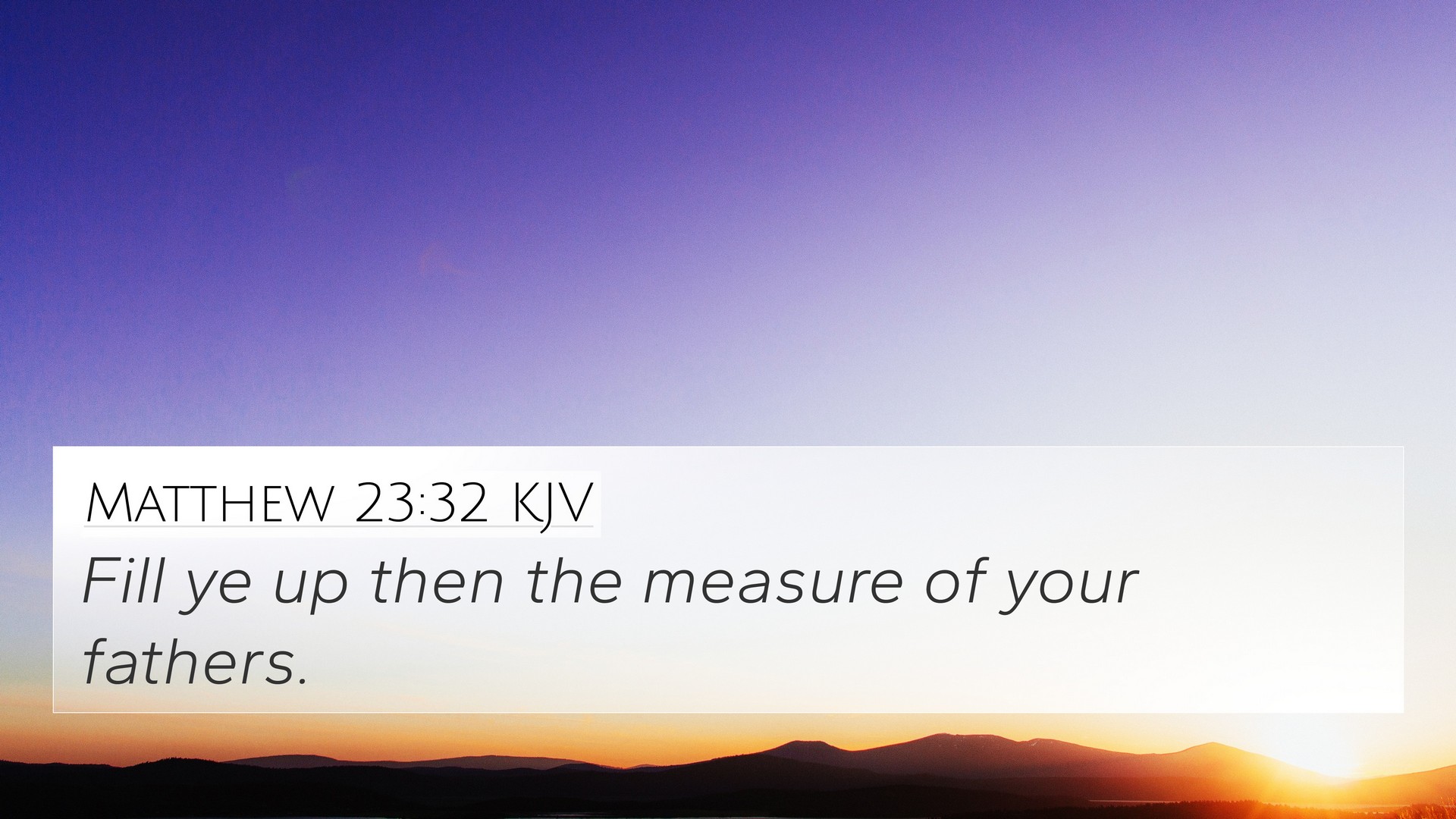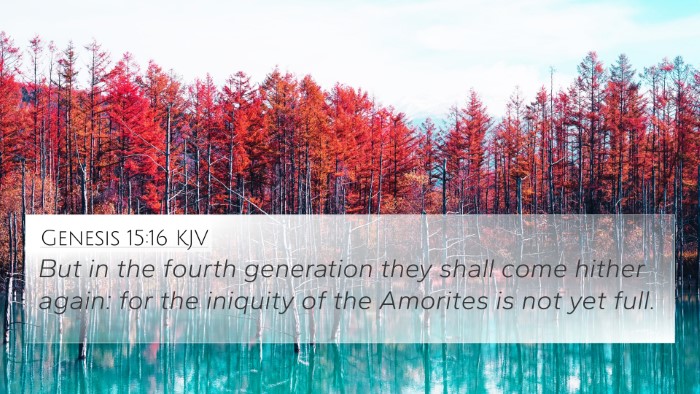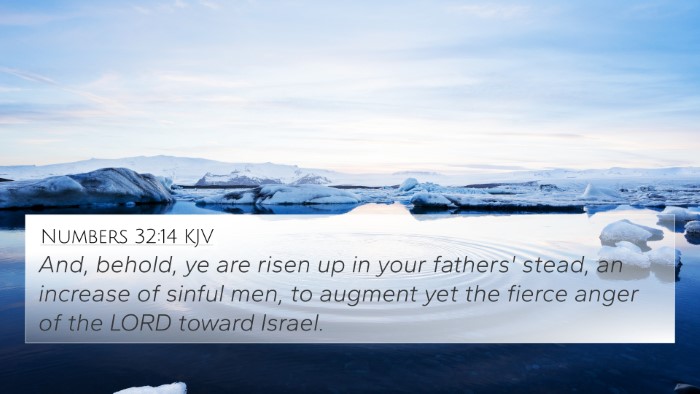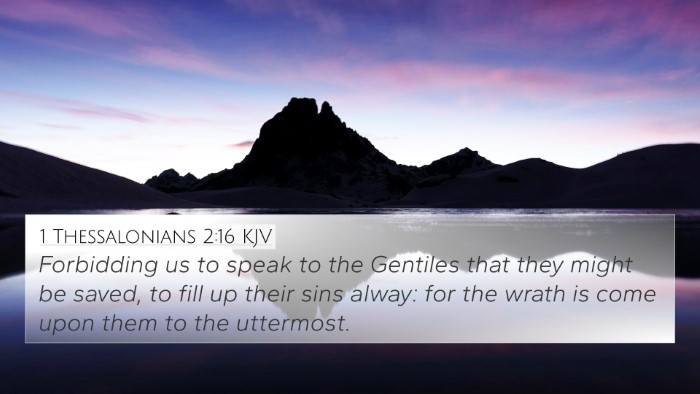Matthew 23:32 - Summary of Meaning and Interpretation
Matthew 23:32 states, "Fill ye up then the measure of your fathers." This verse belongs to a broader discourse where Jesus condemns the religious leaders of His time, calling them hypocrites and pointing out their failure to heed God's truth.
Contextual Overview
In this chapter, Jesus denounces the Scribes and Pharisees for their corrupt practices and shows how they follow in the footsteps of their forefathers who also persecuted the prophets. The declaration to “fill up the measure” highlights the fullness of their sins and indicates that they are completing the legacy of opposition to God's messengers.
Insights from Public Domain Commentaries
Matthew Henry
Matthew Henry emphasizes the idea that the religious leaders are not only repeating history but are determined to surpass it in wickedness. He asserts that Jesus demonstrates the utter futility of their ways and their spiritual blindness, as they are blind guides leading others astray. The filling up of their fathers' transgressions signifies a complete rejection of God's authority.
Albert Barnes
Albert Barnes notes that this statement is a stern indictment of the hypocrisy among the Jewish leaders. He explains that their actions were not just similar to those of their ancestors but were indicative of a downward spiral towards greater rebellion against God. Barnes highlights that this verse signifies a culmination of their accumulated iniquities, leading to inevitable judgment.
Adam Clarke
Adam Clarke elaborates that by this clause, Jesus portrays how these leaders are complicit in the murders of the prophets sent by God throughout history. He mentions that their actions are not isolated incidents but part of a grander narrative of disobedience that characterizes the nation’s response to divine revelation. Clarke links this rebellion to larger theological themes present in scripture, focusing on the justice of God and the consequences of sin.
Bible Verse Cross-References
- Luke 11:47-51 - Discusses the guilt of the religious leaders in building monuments to the prophets while being complicit in their deaths.
- Acts 7:51-53 - Stephen's speech addressing the similar disobedience of the Jewish nation to God's messengers.
- Hebrews 11:32-38 - A summary of the sufferings of the prophets and the persecution they faced.
- Matthew 23:29-30 - Jesus condemning the Pharisees for their hypocritical practices and speaking of their ancestors.
- Jeremiah 7:25-26 - A call to repentance that recalls the longstanding rebellion of God’s people against His prophets.
- 2 Chronicles 36:15-16 - God's messengers being mocked and the nation facing consequences for their actions.
- Revelation 18:24 - The culmination of the blood of the prophets in the judgment against the ungodly cities.
Thematic Bible Verse Connections
This verse highlights multiple theological themes, such as the continuity of rebellion against God's authority, the consequences of sin, and the ultimate judgment that follows. The links between the Old and New Testament showcase the consistent narrative of God's call for repentance and the tragic response of His people.
Scriptural Cross-Referencing
Cross-referencing between Bible verses allows for a deeper understanding of themes, such as the rejection of prophecy. For example, when one studies Jeremiah 7:25-26 alongside Matthew 23:32, one can see how history often repeats itself and how God's message remains consistent through the ages.
Tools for Bible Cross-Referencing
Using a bible concordance or a bible cross-reference guide can greatly help in identifying connections between Bible verses. Such tools allow for an exploration of cross-referencing Bible study methods that enhance the understanding of complex scripture like Matthew 23:32.
Conclusion
Matthew 23:32 serves as a warning against hypocrisy and the fulfillment of ancestral sins. Comparing this verse with others showcases the depth of the Biblical narrative and its themes of accountability, judgment, and the importance of heeding God’s messengers throughout history.






